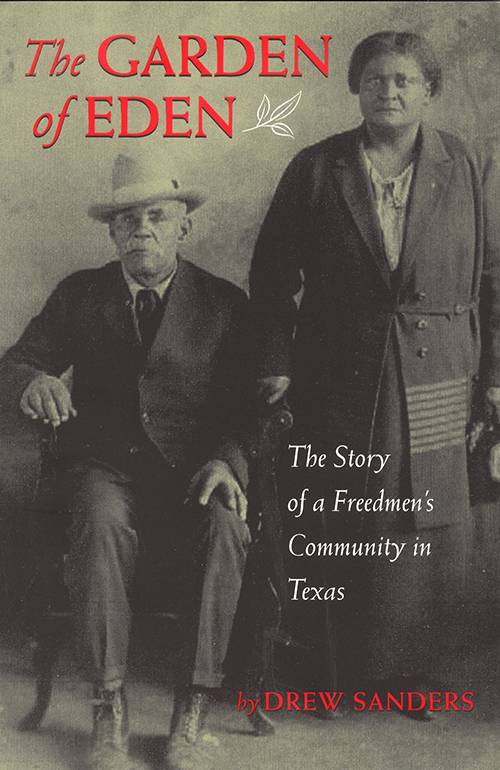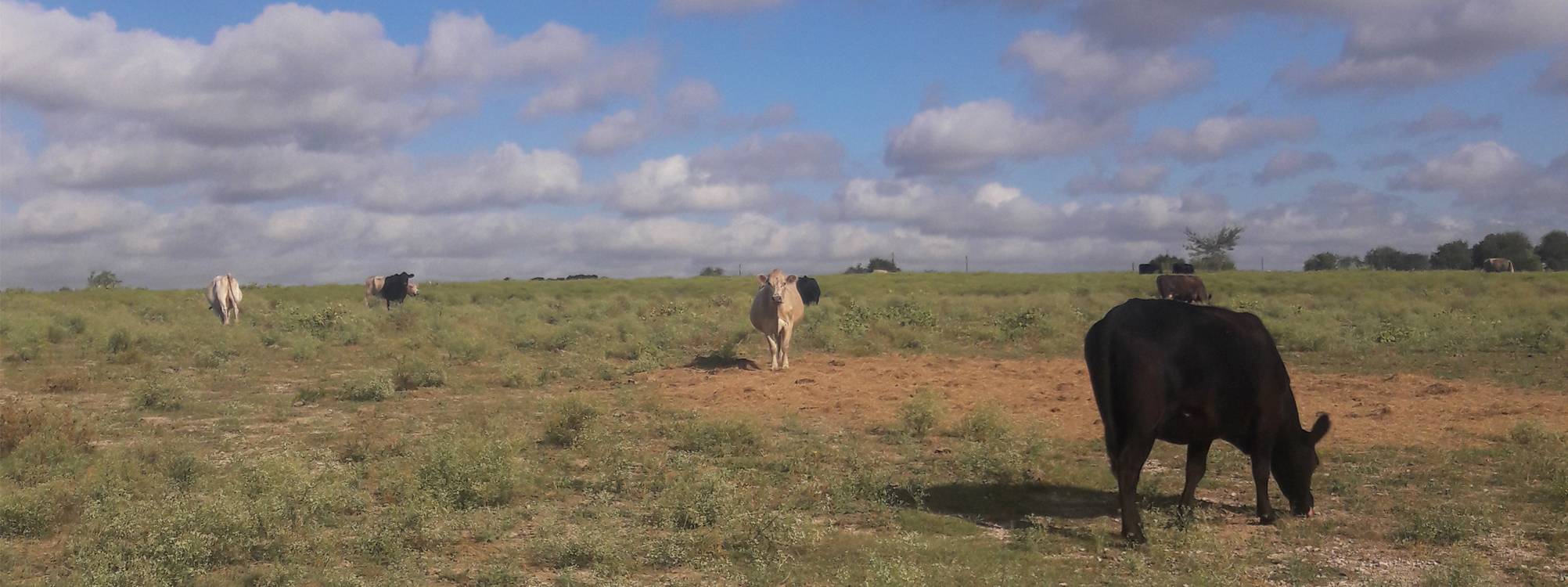Brothers and Sisters

The Garden of Eden: The Story of a Freedmen's Community in Texas
by Drew Sanders
Fort Worth: Texas Christian University Press, 2015.
160 pp. $24.95 paper.
Reviewed by
Joseph Fox
A small community on the Trinity River near Fort Worth, the Garden of Eden served as a home to two families of freedmen, the Sanders and Cheneys, since the 1880s. Birthed in the turmoil of social change and racial violence following Reconstruction, the families that created the Garden of Eden have endured and now serve as a lasting testament to the efforts of freed African Americans to make a life for themselves in Texas. In The Garden of Eden: The Story of a Freedman’s Community in Texas, Drew Sanders shares his family’s history and, in the process, gives a glimpse of the African American experience in Texas.
In the wake of the Freedman Bureau’s failed promise to provide forty acres of farmland and a mule to every freed slave following the Civil War, freedmen sought to gain economic independence and agency by building farming communities outside of the white dominated, sharecropping system. In telling the story of the Garden of Eden, Sanders seeks to illustrate that “The true heart of the Garden of Eden is its people. This story is about how the Cheney and Sanders families worked to create a sense of place despite the harsh realities of everyday life.” Although not an academic historian by profession, Sanders traces his lineage back to the settlement’s founder, Major Cheney, and does an excellent job of explaining the origins, growth, and development of the Garden of Eden. The familiar connection that Sanders has to the Garden of Eden is well-represented as he recounts stories that he’s listened to since childhood. The stories that stand out to the reader include Major Cheney’s acquaintance with notorious outlaw Sam Bass, Cheney’s service in the Civil War in a Confederate frontier defense regiment, the growth of neighboring freedman communities in Tarrant County along with community churches and schools, the nearby Joe Louis Addition (a development built by African American veterans in 1948), and Drew Sanders’s generation that pursued careers outside of the Garden during the Civil Rights era. In presenting the story of the Cheney and Sanders families, Sanders has conducted a substantial amount of research into local and county records, newspapers, manuscripts, photographs, and oral interviews conducted with family members. Sections of the book also share family recipes, stories, and sayings from Dollie Cheney (or Aunt Doll) and a family tree. These sections of the book give the reader a sense of place that the Cheney and Sanders families created in their community.
In telling his family history, Sanders illustrates the challenges that Texas presented to African American communities including: “Jim Crow, early death and violence over hard work, limited professional opportunities for people of color, the Great Depression, encroaching industry that spoiled the Garden of Eden’s buffer against the outside world, segregation.” While Sanders explains these challenges well, his writing lacks strong secondary sources that fully connect his family’s experience to the larger social changes happening in North Texas. As a result, the reader is not left with an idea of how typical the Sanders and Cheney families’ experiences in Texas are. While Major Cheney was able to purchase land for his family through connections with wealthy Anglo Texans (being the youngest son of a white slave owner), this would not match the experience of most freedmen, many of whom remained trapped as tenants in the exploitive, Anglo-dominated sharecropping system. Historical studies such as Thad Sitton’s and James H. Conrad’s Freedom’s Colonies or broader histories such as Alwyn Barr’s Black Texans: A History of African Americans in Texas could aid Sanders greatly in this respect.
While the lack of a broader historical context is a weakness to the book, Sanders offers a sympathetic and personal portrait of his family’s history that impacts the reader. While the added pressure of racial discrimination forced the Cheney and Sanders families to endure much more than other Texans, they responded with industriousness, hard work, and a close family bond. Whether the reader is looking to understand another’s perspective or looking to better understand their own, the Garden of Eden is a must read for anyone interested in African Americans’ impact on Texas.
Joseph Fox is a Graduate Student and Research Assistant in the History program at Texas State University in San Marcos, Texas. He has written articles for the Handbook of Tejano History, a historical marker for the Texas Historical Commission, and he is currently conducting research on the relationship between Lone Star Beer and the 1970s Austin music scene.
